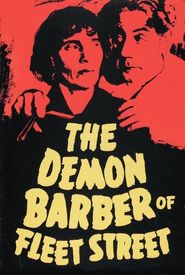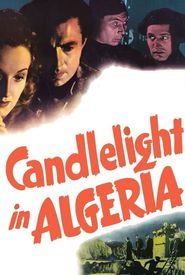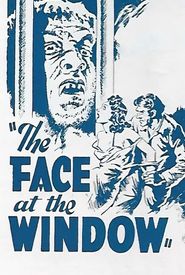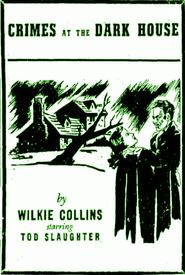George King, a multifaceted individual, initially entered the British film industry in the 1920s as an agent, before transitioning to a writing career and eventually taking on the roles of producer and director.
King's early work predominantly focused on "quota quickies," a term used to describe films produced to meet the British government's requirement that a certain percentage of films screened in British theaters were made in Britain.
Throughout his career, King worked with flamboyant actor Tod Slaughter on several occasions, notably on The Demon Barber of Fleet Street (1936) and The Crimes of Stephen Hawke (1936),a series of melodramas that showcased Slaughter's acting talents.
Following his collaborations with Slaughter, King progressed to more substantial projects with increased budgets and esteemed subjects, such as Tomorrow We Live (1942),which garnered critical and commercial acclaim.
After World War II, King significantly reduced his workload, directing only three more films before ultimately retiring from the industry.































